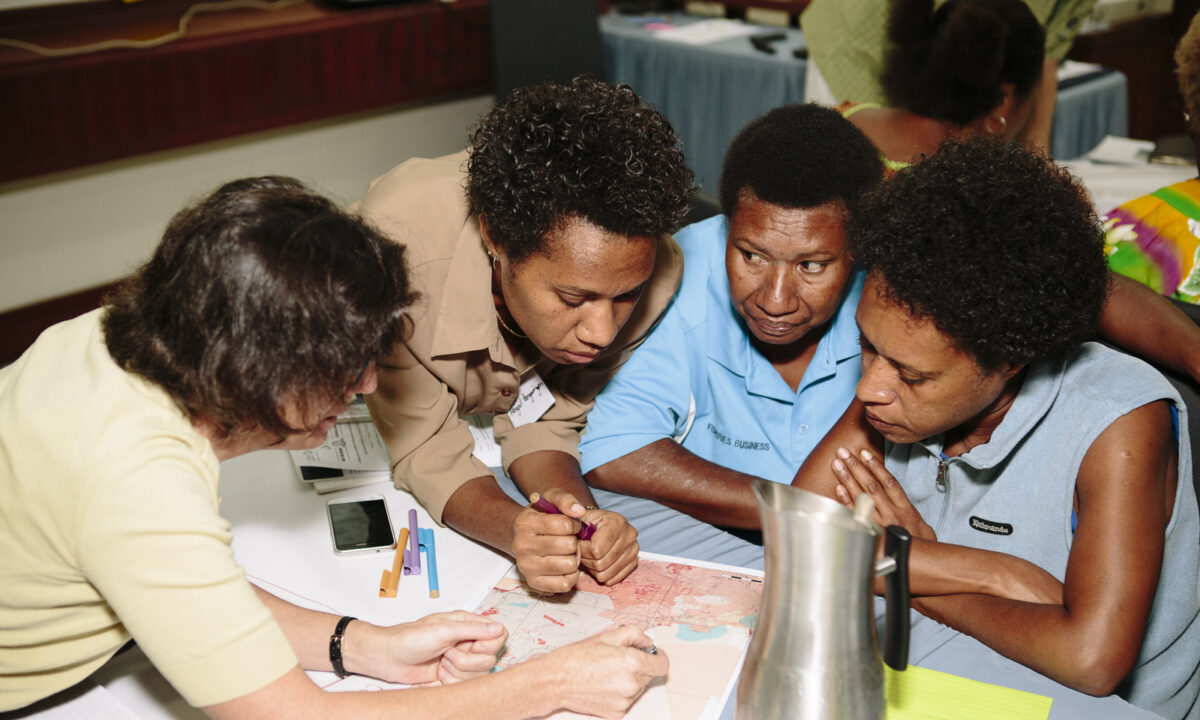
This impact pathway aims to support Pacific communities in their efforts to understand, protect, and sustainably enhance aquatic systems, transform their food systems towards more sustainable pathways, and adapt to the impacts of climate change.
Te Moana-nui-a-Kiwa includes Aotearoa New Zealand, and as ‘teina’ (younger sibling) to our Pacific ‘tuakana’ (older sibling), our primary focus is on supporting Pacific Island Communities (PIC) whose way of life is disproportionately impacted by the effects of climate change and related shocks. We’re also working with communities in Aotearoa, focused primarily on supporting the kaitiakitanga aspirations of iwi and hapū groups engaged in environmental and mahinga kai enhancement and restoration efforts.
To achieve this, we have aligned our efforts with the priority areas identified by the communities we are partnering with. We take a systems approach, incorporating adaptive solutions that are co-developed and community-led, enabling communities to build resilience for the future. Our collective expertise, sourced from various organisations, fills our ‘kete’ (basket), ensuring a more significant and effective impact where it is needed the most.
Restoring Pacific Island Food Systems
A transformational science programme that aims to improve Pacific food production systems through sustainable, community driven, integrated approaches, while concurrently developing monitoring and management strategies to safeguard drinking water and enhance food safety. We are currently seeking investment to enable the scaling up of existing regional projects in the Solomon Islands and Kiribati to national scale transformation programmes.
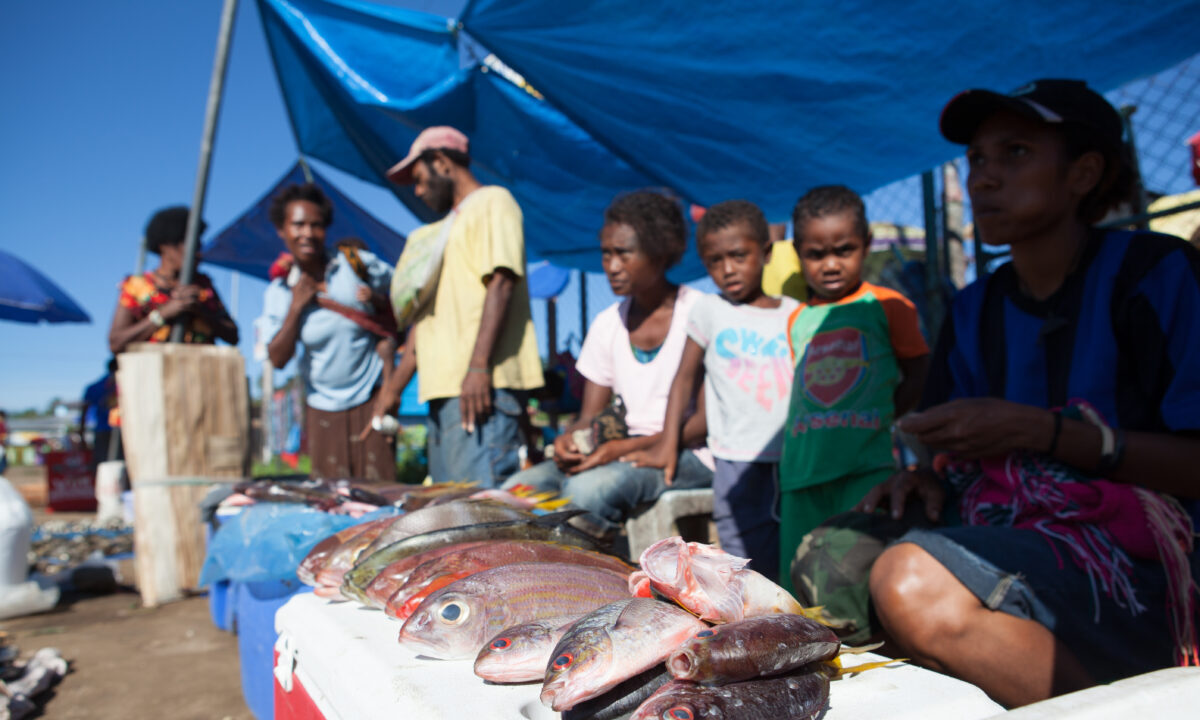
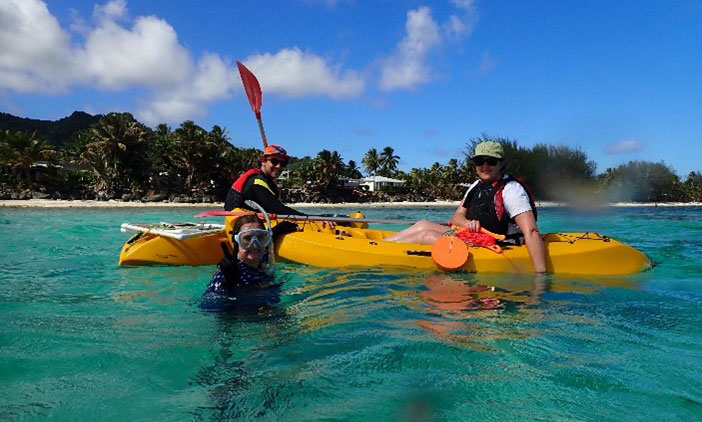
Building seafood safety monitoring capacity
Cawthron is working with several nations in the Pacific to support their food safety systems, including the Ministry of Marine Resources in the Cook Islands.
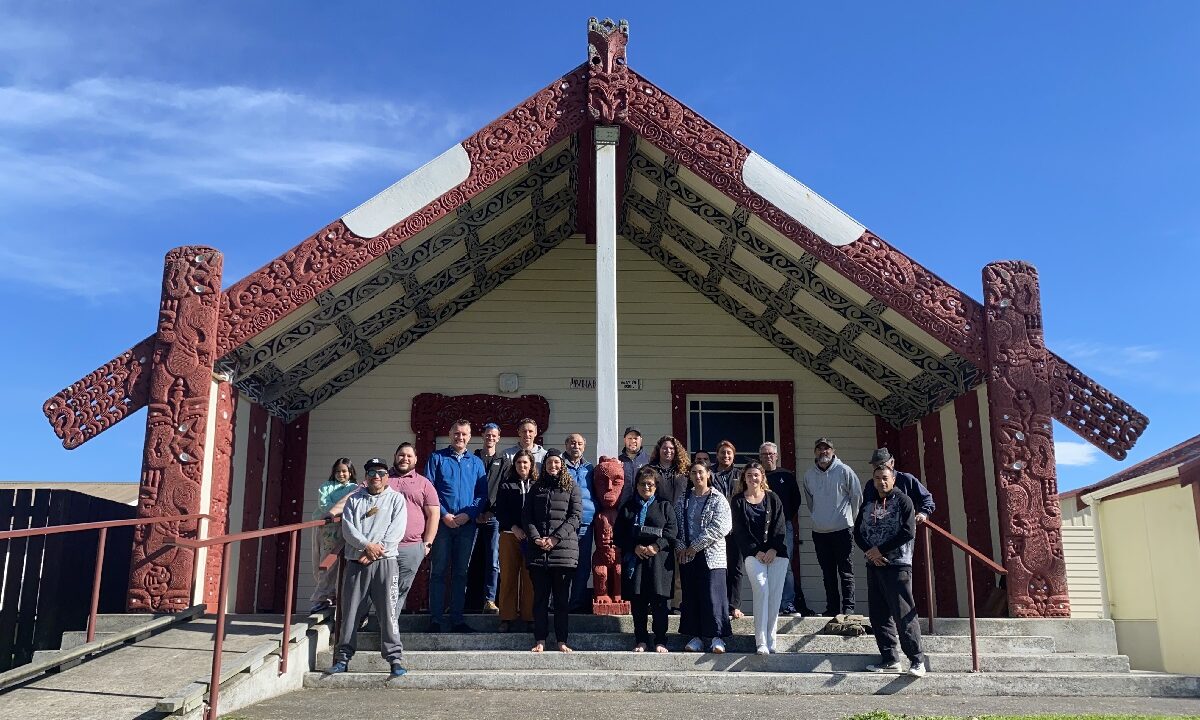
Ngā Kāhui Kaitiaki Mō Kaimoana
This collaborative project, led by Cawthron Institute, brings seafood safety scientists and kaitiaki from iwi and hapū groups around Aotearoa New Zealand together to manage food safety risk and empower people to exercise kaitiakitanga and manaakitanga.
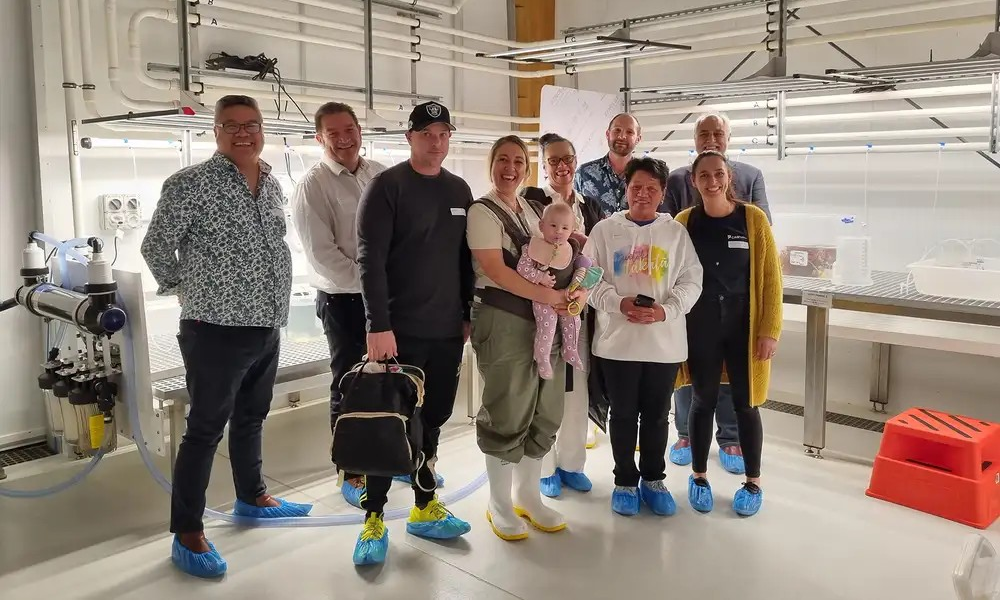
Restoring the Food Basket
A joint project to support Whakakī Lake Trust in Aotearoa NZ to protect their community from food safety threat posed by toxic tuna (eels).
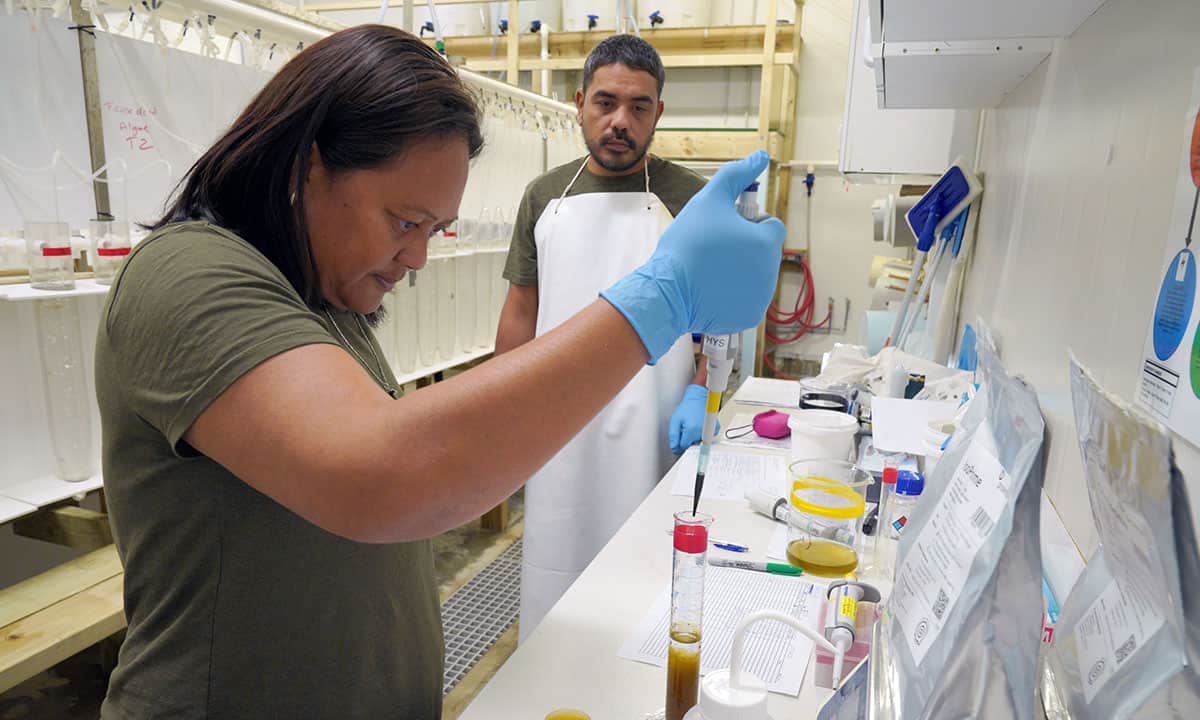
Supporting Pacific Island aquaculture
Cawthron scientists hosted aquaculture officials from the Ministry of Marine Resources in Rarotonga, Cook Islands, and the Ministry of Fisheries and Mineral Resources Development in Kiribati for a four week knowledge exchange workshop.
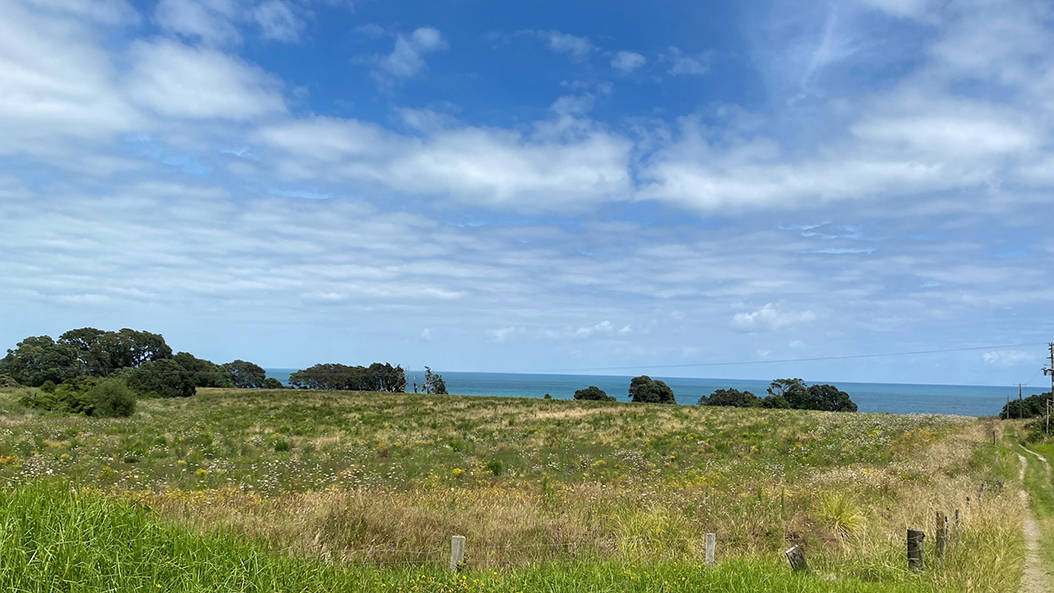
Te Huata hatchery development
Cawthron Institute researchers have been supporting Te-Whānau-ā-Apanui, a Māori tribal organisation on the East Coast of Aotearoa New Zealand’s North Island to develop the capability, knowledge, and skills needed to build and operate a world-class shellfish hatchery.
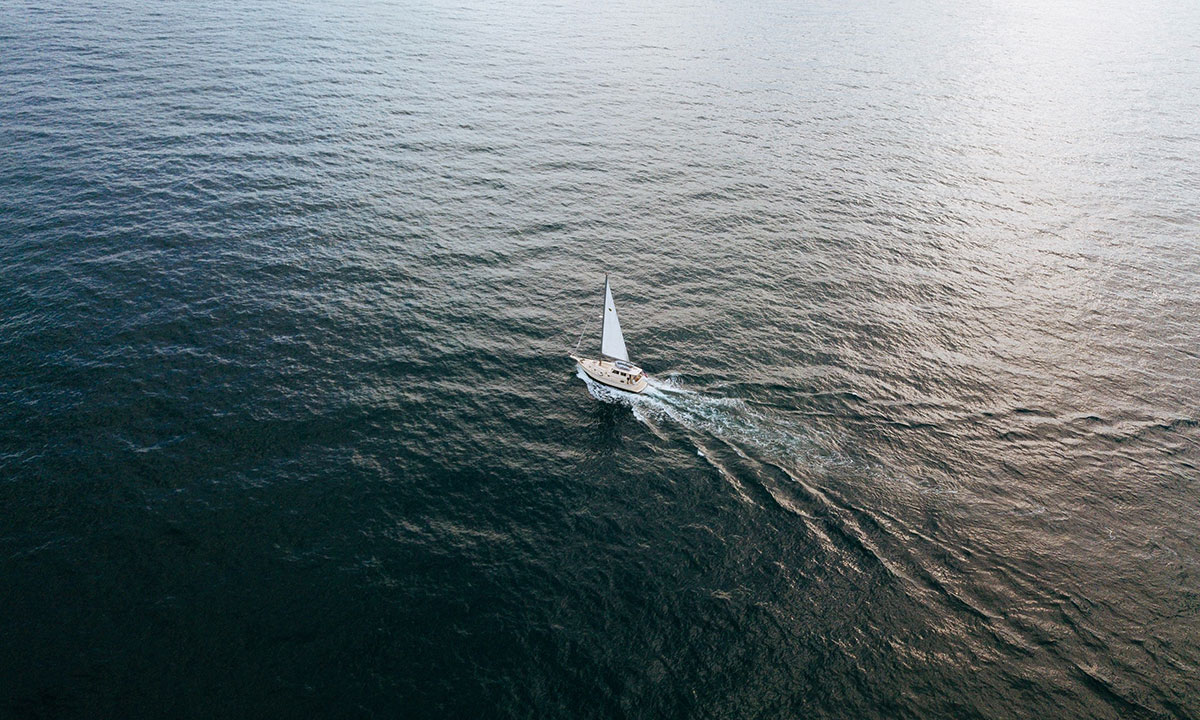
Citizens of the Sea
Cawthron and New Zealand Geographic Magazine co-founded Citizens of the Sea – a charitable organisation that aims to empower citizen scientists to map ocean health at scale, starting in the Pacific.
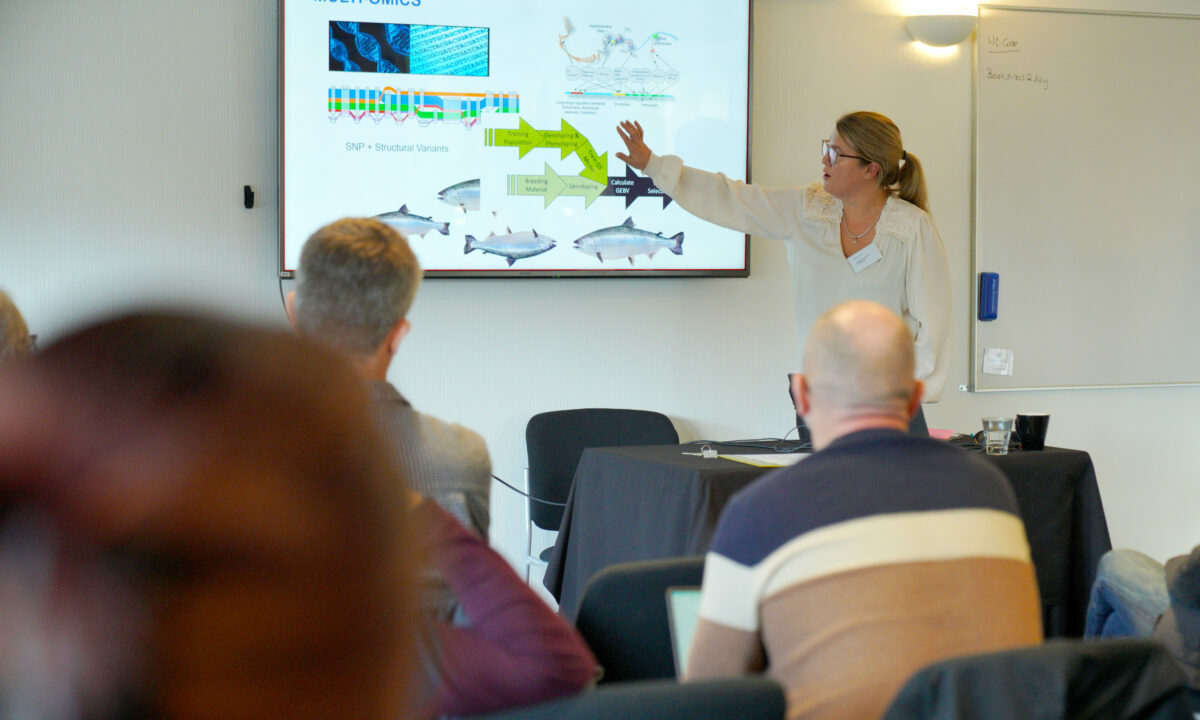
Climate Adaptation Pathways Planning
A flexible tool that enables organisations to plan for an uncertain climate future. Cawthron is using this planning tool with a wide range of groups, from communities in the Solomon Islands and Kiribati, to seafood industry organisations in Aotearoa New Zealand.
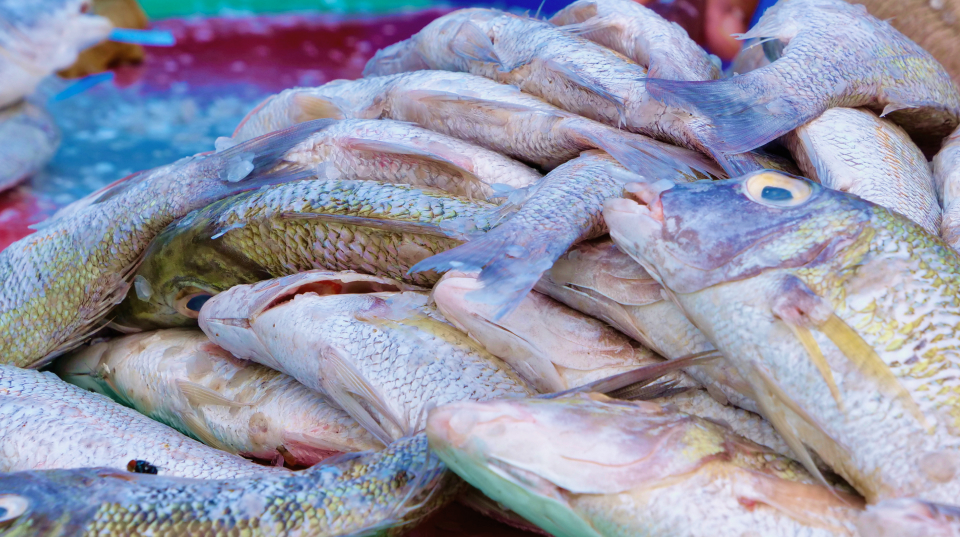
Mitigating Ciguatera Poisoning in Kiribati
This project aims to develop a community-based strategy for monitoring and detecting Ciguatera poisoning in Kiribati, involving surveys, stakeholder engagement, culturally-aligned fisheries management, and regulatory approaches.
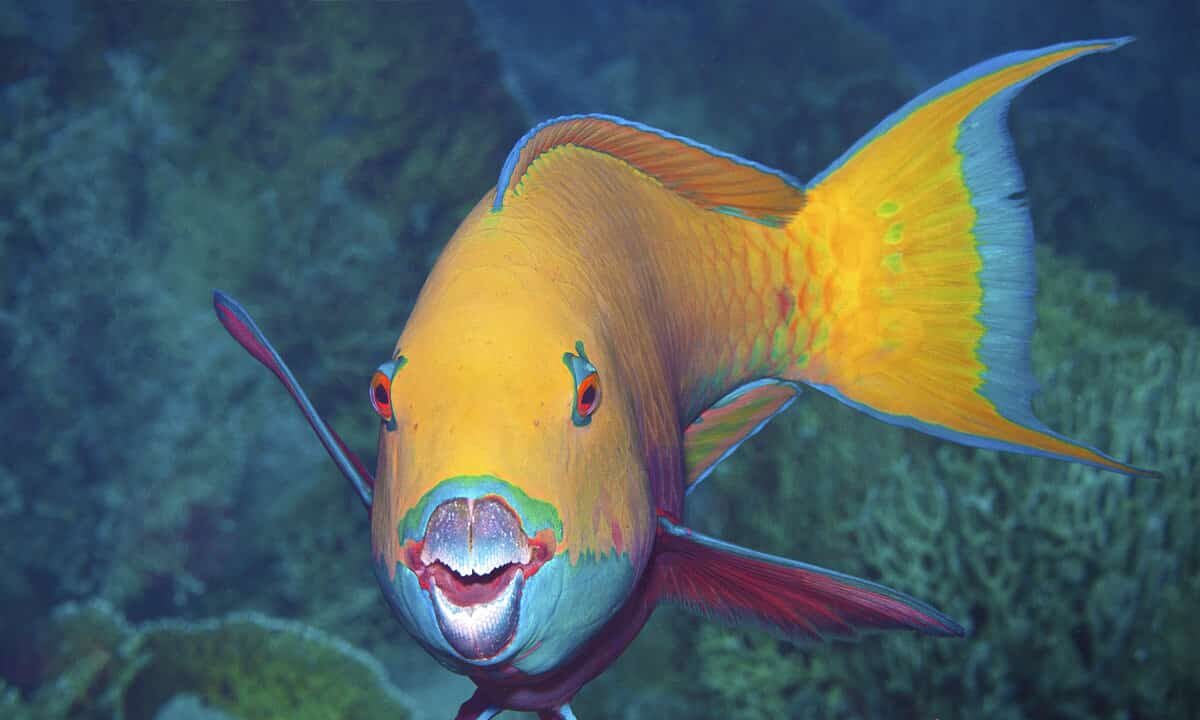
Understanding the emerging seafood safety hazard of Ciguatera Poisoning
Ciguatera poisoning, or CP, is present in circumtropical waters around the world and is particularly prolific in the South Pacific Ocean, significantly affecting our neighbours in Australia and our Pacific whānau who rely heavily on their reef systems for sustenance and trade.
Our Researchers
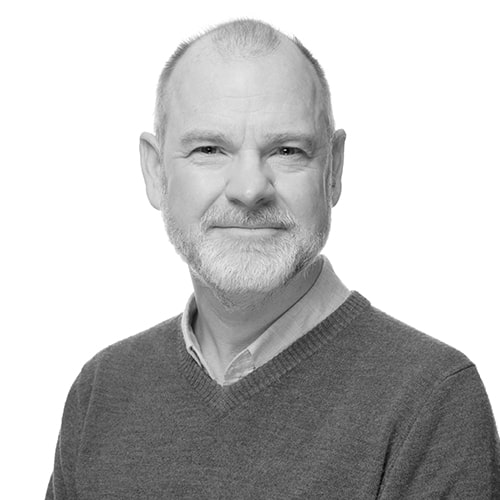
Dr James Butler
- Transforming Pacific Island Food Systems
- Climate Adaptation Pathways Planning

Dr Alaric McCarthy
- Transforming Pacific Island Food Systems
- Climate Adaptation Pathways Planning

Dr Sam Murray
- Building seafood safety monitoring capacity
- Ngā Kāhui Kaitiaki mo Kaimoana
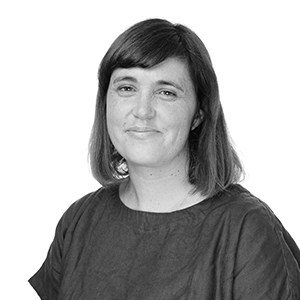
Dr Kirsty Smith
- Building seafood safety monitoring capacity
- Ngā Kāhui Kaitiaki mo Kaimoana

Dr Tim Harwood
- Ngā Kāhui Kaitiaki mo Kaimoana
- Restoring the Food Basket
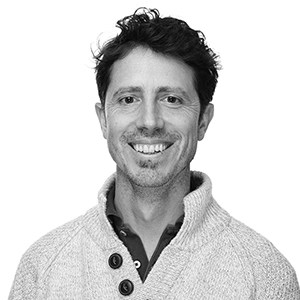
Dr Julien Vignier
- Supporting Pacific Island aquaculture
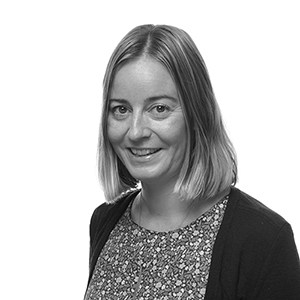
Dr Jess Ericson
- Te Huata hatchery development

Dr Xavier Pochon
- Citizens of the Sea
Contact us
Do you have a query about investing in science solutions that support community resilience and prosperity in communities in the Pacific? Get in touch with us now.